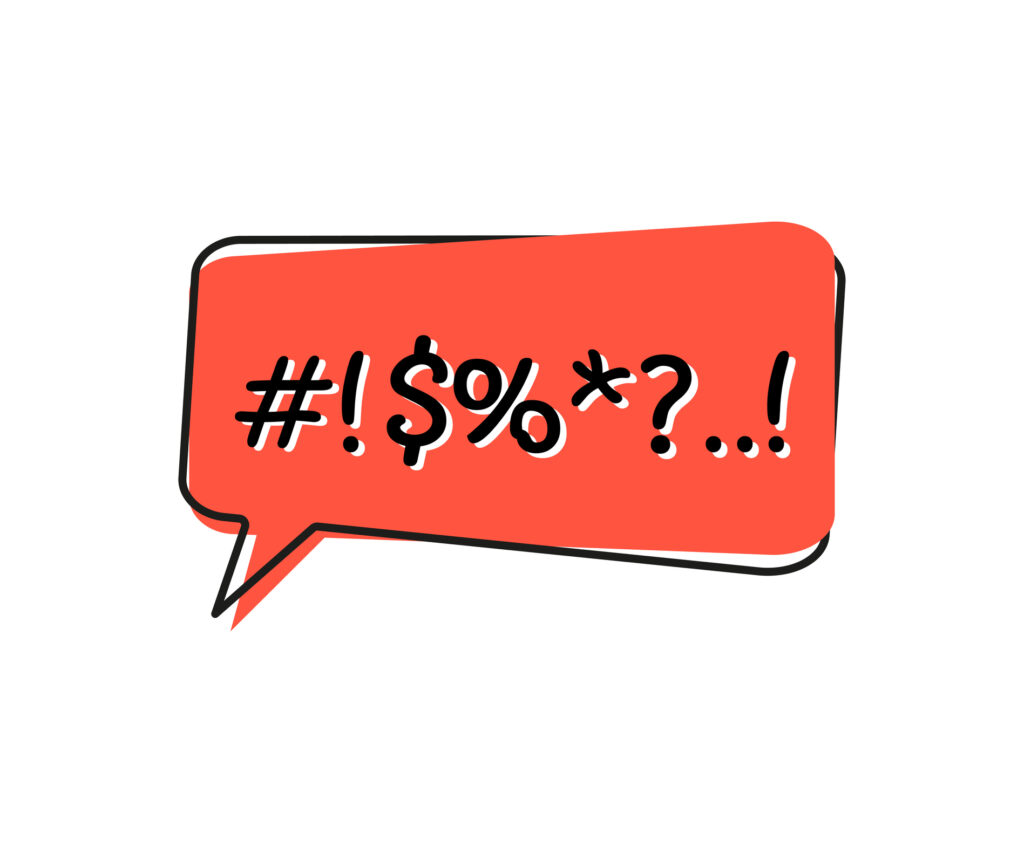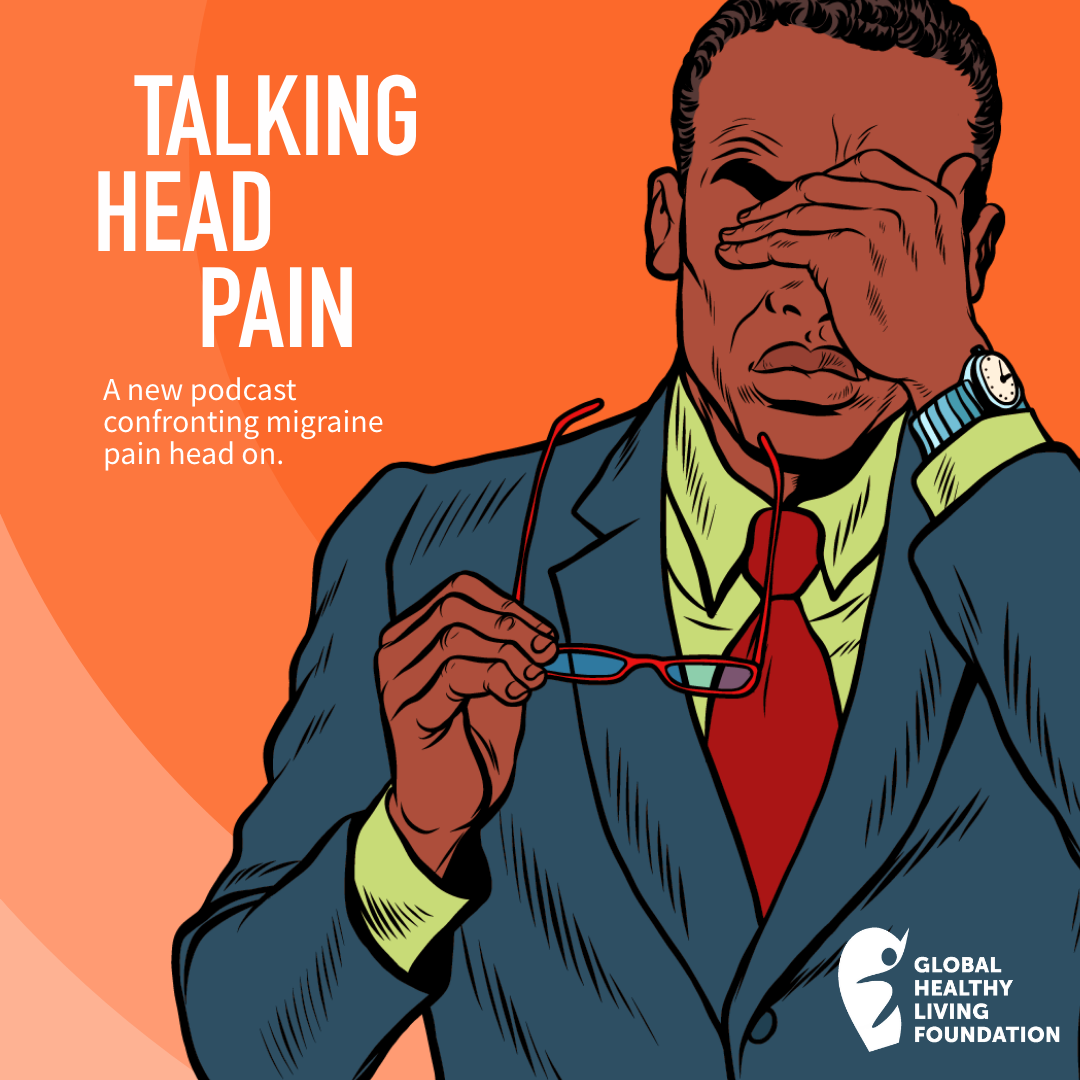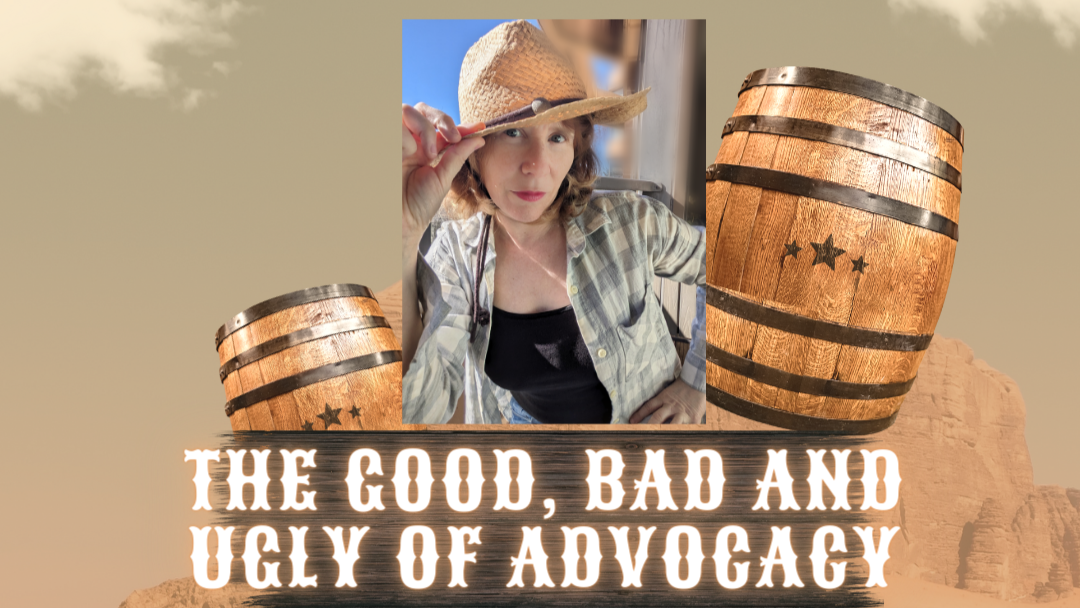If you’re passing through Toronto and see a blue cloud dotted with flashing lightning bolts hanging over the downtown core, it’ll be me. I swear a lot when I’m having a bad pain day. My approach varies depending on the source of the pain.
When my chronic rheumatoid arthritis (RA) pain start ratcheting up, it’s accompanied by a steady stream of muttered F-bombs and other English curse words. But when I hurt myself, such as accidentally not stopping my wheelchair before I drive into a wall foot first, it’s an explosion of loud Danish expletives. In moments of shock and intense pain, I slam back to the first “bad” words I learned growing up in Denmark but use my second language for lower-level pain, which of course can still be very painful indeed.
When I’m in pain, swearing makes me feel better. For most of my life, I thought that was due to the emotional release, but I also tried to limit it, at least outside my home. Partly because it’s not seen as polite — especially in women — but swearing also tends to be seen as an outsized and unreasonable reaction to pain. For a while, the medical field viewed cursing when in pain as “catastrophizing,” that is, a maladaptive response.
And then things changed.
In the last several years, researchers have started looking at swearing in connection to pain. Letting out a loud curse word when you hurt yourself is a common human response unrelated to living with chronic pain. When people are angry or stub a toe, the first sound out of their mouth is often a curse word.
Yet, most of us grew up learning not to swear and try very hard not to do so, at least in public company. A UK researcher wondered why we keep swearing, when there is so much social pressure not to. In a study published in Frontiers in Psychology, he discovered that swearing helped increase pain threshold and tolerance by as much as 33 percent. This research has been replicated many times and there is now a growing shift to discuss the benefits of swearing for coping with pain.
Four Ways to Create a Better Life with Curse Words
Having science back me up about swearing was tremendously satisfying and removed any thoughts of cleaning up my language, at least in the context of pain. That said, I still follow a few guidelines about when and where (and how) I swear. Maybe they’ll help you feel more comfortable about getting into the habit yourself.
Think Before You Swear
There are times and places when swearing is inappropriate. These include workplaces, professional Zoom meetings, social media videos (sometimes, you get dinged if your language is not PG), around children, or events where swearing might make other people feel uncomfortable. There is an element of manners and consideration in the practice. When swearing is not considered polite or appropriate, I do my best to prioritize the feelings of others.
Respect Your Own Boundaries
Depending on your upbringing and point of view, you might be one of the people for whom swearing feels uncomfortable or like a transgression of your own moral code. Or you might be like me — be comfortable with many curse words but draw a line at particular terms that you think are offensive. Use what feels comfortable to you and start with the words that you might already say if you accidentally burn yourself while making dinner. Maybe that’s a more polite version of certain expletives (think for instance, sugar or fudge) or maybe just a very emphatic OUCH. Although swearing can be another tool to add to your pain management regimen, it is by no means mandatory.
Be Mindful in Medical Settings
Although I try to be professional in medical settings — I find it helps create a team atmosphere — there are times when you have to go through procedures that hurt. For much of my life, I would swallow the pain, silently folding in upon myself. The current legacy of this means that when something is very, very painful, I temporarily lose my ability to speak.
Thankfully, medical procedures that are intensely painful usually come with a local or general anaesthetic. For the rest, I have abandoned restraint. I try not to swear at the medical professional, who is after all only trying to help me, instead letting loose a more general blue streak while modifying my tone to a mutter. The goal is not to sound aggressive, but to express the pain in a way that helps me to cope. If the doctor or nurse looks startled, I’ll cite the research, explain that it’s a coping tool and that they shouldn’t take it personally. And then I go back to mumbling to myself.
Be Inventive
Ever since I was a teenager, I’ve aspired to be the kind of person who can swear for several minutes without repeating myself. Alas, I haven’t met that goal yet, instead repeating some of my favourites. But I haven’t given up. Historically, swearing used to be incredibly inventive — try googling Victorian era curse words for a bit of inspiration. The next time I hurt, instead of my usual limited repertoire, I might try to say “Zooterkins! That bescumbering rat bag toe! I feel like a total vazey for driving into the wall.” Has a nice ring to it, doesn’t it? It might also have the benefit of making me laugh during difficult moments, and to me that’s always a good thing.
Coping with RA pain takes a toolbox of many different remedies and trips. In addition to the standards, such as medication, heating pads, ice packs, and careful stretching, mine also includes good books and movies, a cuddle with the cat, venting to a friend, and swearing like a sailor. It might work for you, too.
Stay in Touch with CreakyJoints Canada
Part of the nonprofit Global Healthy Living Foundation, CreakyJoints is a digital community for millions of arthritis patients and caregivers worldwide who seek education, support, advocacy, and patient-centered research. All of our programming and services are always provided free of charge. As we grow CreakyJoints Canada we want to hear from you. Please join our email list to stay connected, learn about new content and initiatives, and send us suggestions and ideas.
Sources:
Swearing as a Response to Pain: Assessing Hypoalgesic Effects of Novel “Swear” Words. Frontiers in Psychology. doi: https://doi.org/10.3389/fpsyg.2020.00723.
Worrall S. Swearing Is Good For You—And Chimps Do It, Too. National Geographic. January 2018. https://www.nationalgeographic.com/science/article/science-swearing-profanity-curse-emma-byrne.






